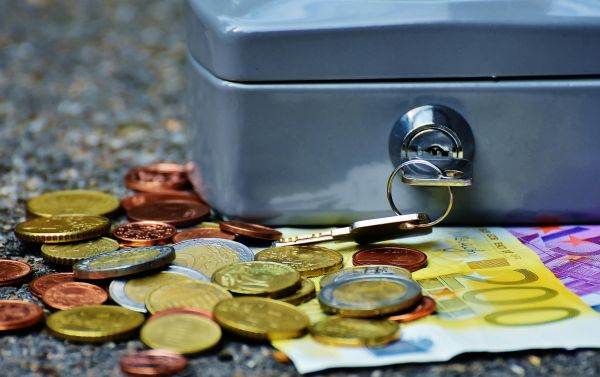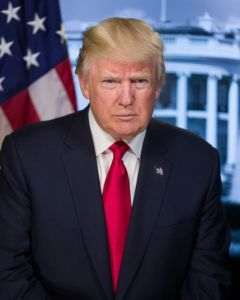With the exception of Belgium, which has become the involuntary centre of global attention over frozen Russian sovereign assets, the rest of the West has maintained a dense, almost impenetrable silence, according to an article published yesterday by Euronews.
When Belgian Prime Minister Bart de Wever blocked a plan to lend euro140bn for Ukraine's reparations using frozen assets from the Russian Central Bank, he stressed that Belgium is in an anomalous, almost singular, position in terms of transparency. The plan relies entirely on funds held at Euroclear, the central securities depository in Brussels, although G7 member states have repeatedly said that a total of around euro300bn in Russian sovereign assets are blocked on their territories.
"The "fattest hen' is in Belgium, but there are "other hens' around,” de Wever said, according to the quoted source, but added that "nobody is talking about it.”
And the reality confirms exactly this statement, according to Euronews journalists: almost nobody is talking. The Western countries believed to be sheltering parts of the frozen Russian assets - France, Luxembourg, Germany, Switzerland, the United Kingdom, the United States, Canada, Japan and Australia - give vague answers or hide behind financial confidentiality and domestic laws.
Paradoxically, the most clear answers were received by the quoted source from two states historically associated with financial opacity: Luxembourg and Switzerland. Although a study by the European Parliamentary Research Service estimated that Luxembourg holds between 10 and 20 billion euros in frozen Russian sovereign assets, a joint statement by the Luxembourg finance and foreign ministers contradicted the figure, claiming that "the value of the assets of the Central Bank of Russia currently blocked in Luxembourg is below 10,000 euros”.
Switzerland, on the other hand, directly confirmed: 7.45 billion Swiss francs, or around 8 billion euros, are the Russian assets held in commercial banks in the Land of the Cantons. Although it is not a member of the EU or the G7, Switzerland is following the process and has said that "the Federal Council will determine its position taking into account Swiss law, international law, Switzerland's foreign policy objectives, as well as the maintenance of financial stability in order to avoid undesirable consequences for financial markets and the future functions of central banks in the international financial system”.
Authorities in Berlin, Germany - a country believed to hold a limited share of Russian assets - told Euronews they could not "disclose the volume or location of the assets of the Russian Central Bank" due to European law and data protection.
Japan, which had been estimated to have between 25 and 30 billion euros - or even 50 billion, according to de Wever - said dryly: "The Japanese government does not disclose information on frozen Russian sovereign assets located in Japan, including their value and location. We therefore refrain from any comment."
France also refused to confirm figures for the source cited, even though former finance minister Bruno de Maire had spoken openly of 22.8 billion euros blocked. The United States did not respond to Euronews' request, but a 2023 report by Axios showed that the global REPO group had identified $5.06 billion (euro4.41 billion) in Russian assets frozen in the US banking system.
While these countries are erecting walls of silence, Belgium remains the only territory where the data is public. Euroclear regularly publishes reports on the value of assets, their composition by currency and the profits generated. This transparency, imposed by its nature and status, contrasts sharply with the opacity of commercial banks in the rest of the world, where "secrecy” is presented as a shield of stability and client protection. The European Commission itself avoids discussing the inclusion of other assets in the loan for Ukraine, thus maintaining its exclusive dependence on Belgium.
Researchers such as Szymon Zareba have tried to identify the exact locations of the assets, but have been met with the same institutional silence. "During our informal discussions with representatives of some G7 and EU member states, we did not receive any information about the reasons why the data on the exact size of the frozen assets is not publicly available,” Zareba told Euronews, challenging the argument of Russian retaliation: "Russia knows exactly where its funds were deposited before the outbreak of the war, when the assets were frozen and which private properties to target.” Moreover, the global confusion is fueled by the mixing of sovereign assets with the private assets of oligarchs. For example, the UK reported in May 2025, 28.7 billion pounds (32.6 billion euros) of frozen funds were frozen, but the figure does not even include only the assets of the Russian state, but also those of some Russian oligarchs. Canada announced the freezing of 185 million dollars and the blocking of transactions of 473 million dollars, but did not specify how much belonged to the Central Bank of Russia. Australia, in turn, refused to give any details.
"There are no hard numbers. It's worth stressing this. Individual states may have an idea - or you would hope they have a roughly accurate picture of what's in their jurisdictions - but there is very little public oversight. And that's why the discussion is in such general terms,” Francis Bond, a senior partner specializing in sanctions, explained to the quoted source, adding: "We've never seen anything like this proposed before (ed. - use of frozen assets). And it's a response to something that is considered highly unusual. That's why the legal, economic and political risks are so high, because we don't really have a roadmap of how things might play out.”
Thus, while Ukraine awaits reparations, Belgium remains the only transparent country, while the rest of the West, with hidden or denied assets, is silent. And the silence, in this case, is embarrassing, strategic, and, perhaps, decisive.
















































